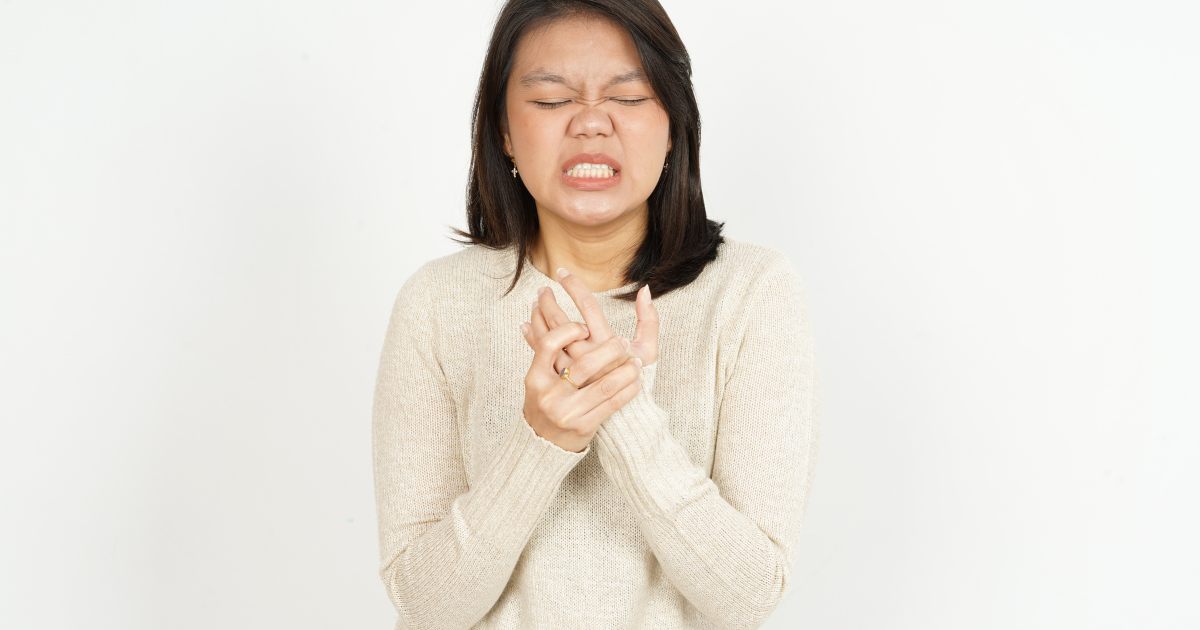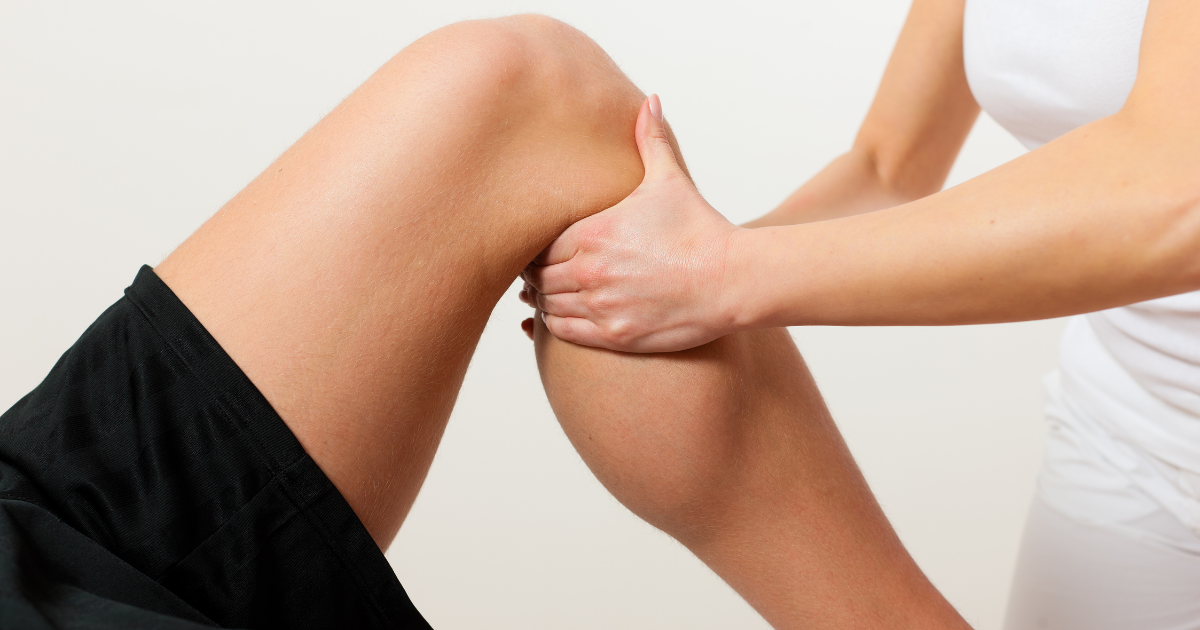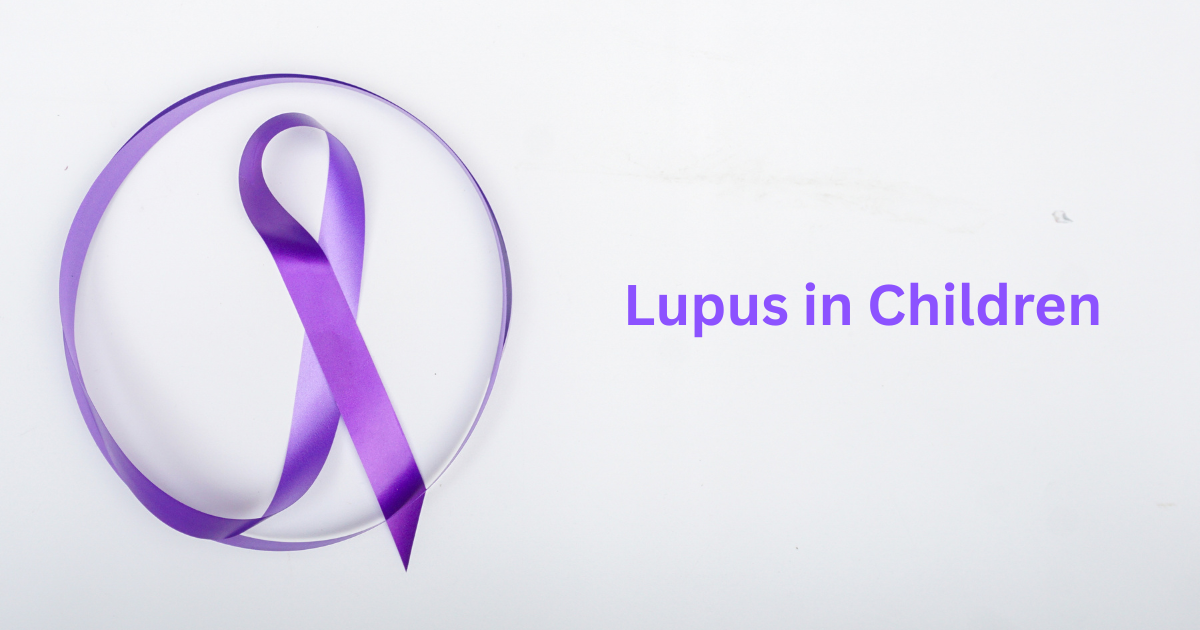As a rheumatologist, I frequently hear from patients who are concerned about joint pain after receiving the HPV vaccine. While the HPV vaccine is a crucial defense against certain cancers caused by the human papillomavirus (HPV), some individuals report joint discomfort following vaccination. In this article, I will examine the potential connection between the HPV vaccine and joint pain, review the scientific research, and offer guidance on managing any associated symptoms.
ગુજરાતીમાં વાંચવા માટે અહીં ક્લિક કરો.
Understanding the HPV Vaccine
The HPV vaccine is designed to protect against infections caused by the human papillomavirus, a common virus linked to cervical, throat, and other cancers. The most widely used HPV vaccines include Gardasil 9, Cervarix, and the original Gardasil. These vaccines are administered in a series of two or three doses and are recommended for both males and females, typically between the ages of 9 and 26.
The HPV vaccine has been extensively studied and is proven to be highly effective and safe. However, like all vaccines, it can cause mild side effects, such as pain at the injection site, fever, headache, and fatigue. Some individuals also report experiencing joint pain, raising questions about its potential connection to the vaccine.
#1HPV Vaccine and Joint Pain: What Does the Research Say?
The question of whether the HPV vaccine directly causes joint pain has been the subject of medical research and debate. Several large-scale studies and safety reviews conducted by the Centers for Disease Control and Prevention (CDC), the World Health Organization (WHO), and other health organizations have not found a clear causal link between the HPV vaccine and chronic joint pain.
However, anecdotal reports and case studies suggest that a small percentage of individuals may experience joint pain following vaccination. Some theories suggest that the body’s immune response to the vaccine may temporarily trigger inflammation, leading to joint discomfort. Others believe that underlying autoimmune conditions could be activated in susceptible individuals, though this remains an area of ongoing research.
Possible Causes of Joint Pain After the HPV Vaccine
While the HPV vaccine itself is not conclusively linked to chronic joint pain, several factors could contribute to discomfort following vaccination:
1.Immune Response: The vaccine works by stimulating the immune system to produce antibodies against HPV. In some individuals, this immune activation may cause mild, temporary inflammation in the joints.
2.Post-Vaccine Fatigue and Inflammation: Some people experience generalized fatigue and muscle aches after vaccination, which may be mistaken for joint pain.
3.Coincidental Onset of Autoimmune Diseases: Autoimmune diseases like rheumatoid arthritis and lupus often develop in young adults, coinciding with the age group that typically receives the HPV vaccine. This can lead to misconceptions about the vaccine causing these conditions.
4.Psychological and Stress-Related Factors: Some individuals experience heightened anxiety about vaccines, which can amplify the perception of pain and discomfort.
5.Injection Site Reaction: Pain and swelling at the injection site can sometimes radiate to nearby joints, causing temporary stiffness or soreness.
Can HPV Cause Joint Pain?
HPV itself is not commonly associated with joint pain. However, in rare cases, some viral infections can lead to reactive arthritis, an inflammatory condition that affects the joints. There is no strong scientific evidence linking HPV infection directly to chronic joint pain, but individuals with compromised immune systems or pre-existing autoimmune conditions may be more susceptible to inflammatory reactions.
Side Effects of the HPV Vaccine in India
The HPV vaccine is generally well-tolerated in India, with side effects similar to those observed worldwide. Common side effects include:
- Pain, redness, or swelling at the injection site
- Mild fever
- Fatigue and headache
- Nausea or dizziness
- Muscle or joint pain (rare and usually temporary)
Severe side effects are extremely rare. The benefits of the HPV vaccine, particularly in preventing cervical and other HPV-related cancers, far outweigh the risks.
When to Seek Medical Attention
Most cases of joint pain following the HPV vaccine are mild and resolve within a few days. However, if you or someone you know experiences persistent or severe joint pain after vaccination, it is important to seek medical attention. Some warning signs that require further evaluation include:
- Joint pain lasting more than a few weeks
- Swelling, redness, or warmth in the joints
- Difficulty moving the affected joints
- Unexplained fever, fatigue, or other systemic symptoms
- Family history of autoimmune diseases
A healthcare provider, particularly a rheumatologist, can assess whether the joint pain is vaccine-related or due to another underlying condition.
Managing Joint Pain After the HPV Vaccine
If you experience joint pain following the HPV vaccine, there are several strategies to manage discomfort effectively:
1.Over-the-Counter Pain Relievers: Medications like ibuprofen or acetaminophen can help alleviate pain and inflammation.
2.Stay Hydrated: Proper hydration supports the body’s immune response and reduces fatigue.
3.Gentle Exercise and Stretching: Low-impact activities like yoga or walking can help reduce stiffness.
4.Cold and Warm Compresses: Applying ice packs or warm compresses to sore joints can provide relief.
5.Rest and Monitor Symptoms: Giving your body time to recover and monitoring symptoms for any worsening can help ensure proper care.
6.Consult a Doctor: If pain persists, a rheumatologist can conduct tests to rule out underlying conditions and recommend appropriate treatments.
The Importance of the HPV Vaccine and Joint Pain
Despite concerns about joint pain, it is crucial to recognize the overwhelming benefits of the HPV vaccine. HPV is responsible for nearly all cases of cervical cancer and contributes to several other forms of cancer. The vaccine has been shown to reduce HPV-related cancer cases significantly, making it a vital public health measure.
The benefits of vaccination far outweigh the potential risks. The vast majority of individuals who receive the HPV vaccine do not experience significant joint pain, and for those who do, symptoms are typically mild and temporary. Avoiding vaccination due to fear of joint pain could leave individuals vulnerable to HPV-related diseases, which have far more serious consequences.
FAQ: HPV Vaccine and Joint Pain
1.Can the HPV vaccine cause long-term joint pain?
No conclusive evidence links the HPV vaccine to long-term joint pain, but rare cases of temporary discomfort have been reported.
2.How common is joint pain after the HPV vaccine?
Joint pain is an uncommon side effect, affecting a small percentage of individuals.
3.Is joint pain after the HPV vaccine a sign of an autoimmune disease?
In most cases, no. However, if you have persistent joint pain, consult a rheumatologist.
4.What should I do if I experience joint pain after the HPV vaccine?
Use pain relievers, stay hydrated, exercise gently, and seek medical advice if symptoms persist.
5.Does HPV itself cause joint pain?
Not directly, but in rare cases, HPV-related infections may trigger reactive arthritis.
6.Can I still get the HPV vaccine if I have arthritis?
Yes, but consult your doctor for personalized advice.
7.Are there specific age groups more prone to joint pain after the vaccine?
No, reports of joint pain are scattered across various age groups.
8.Can the HPV vaccine worsen pre-existing joint conditions?
No strong evidence supports this, but discuss concerns with your doctor.
9.How long does joint pain last after the HPV vaccine?
Typically, a few days to a week at most.
10.Should I skip the HPV vaccine if I am concerned about joint pain?
No, the benefits far outweigh the potential risk of temporary joint pain.
Final Thoughts
As a rheumatologist, my priority is to ensure that patients receive accurate, science-based information about their health concerns. While joint pain is a reported symptom after the HPV vaccine in some cases, there is no strong scientific evidence linking the vaccine to chronic joint conditions. If you are experiencing persistent joint pain, a consultation with a rheumatologist can provide you with the clarity and care you need to determine the cause and find the right treatment for your joint health and arthritis management.
#HPVVaccine #JointPain #Rheumatology #ArthritisAwareness #StayHealthy





